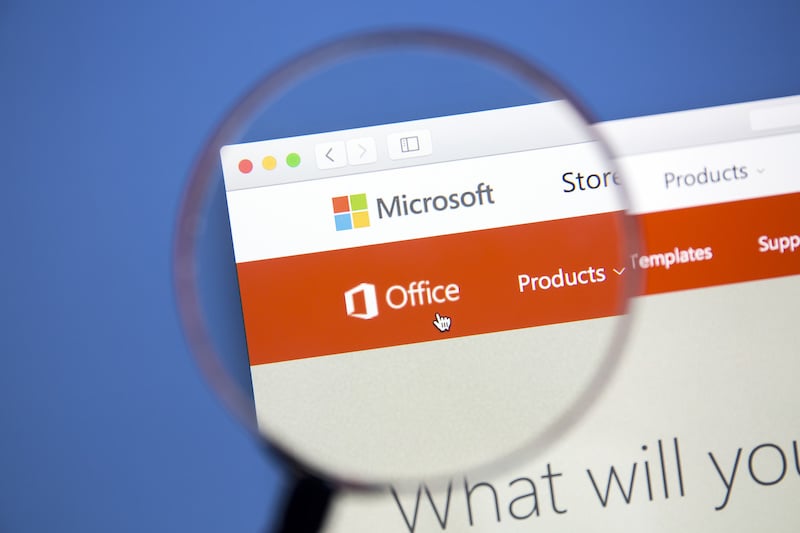Security News

Microsoft has taken legal action to seize web domains being used to launch coronavirus-themed phishing attacks. "Microsoft's Digital Crimes Unit first observed these criminals in December 2019, when they deployed a sophisticated, new phishing scheme designed to compromise Microsoft customer accounts," said the mega-corp in a blog post this week.

Microsoft has seized several domains associated with a massive hacking campaign, which has targeted Office 365 accounts with phishing and business email compromise emails. A recent court order issued by U.S. District Court for the Eastern District of Virginia allowed the tech company to disable the domains associated with the email attacks and disband the campaign: "Our civil case has resulted in a court order allowing Microsoft to seize control of key domains in the criminals' infrastructure so that it can no longer be used to execute cyberattacks," according to Tom Burt, corporate vice president, Customer Security and Trust, in a Tuesday post.

Segra, one of the largest fiber infrastructure network companies in the Eastern U.S., announced the launch of a new enterprise-grade remote office service - Segra's Remote Office LAN. Rapidly changing workforce dynamics have led to increased reliance on remote workers and third-party networks by both employers and employees, leaving corporate infrastructure connectivity in the hands of the public internet. Segra's Remote Office LAN enables an in-office, enterprise-grade experience for remote workers, removing the need for VPNs and split tunneling which often leave cloud traffic unsecured and unreliable.

D-Link announced its new PoE surveillance switch series, which includes the 9-Port PoE Unmanaged Surveillance Switch and the 18-Port PoE Unmanaged Surveillance Switch. Supporting long range PoE delivery, DSS-100E switches are a cost-effective solution that provide a versatile and reliable surveillance network.

Now that organizations in some parts of the world are trying to reopen, recent phishing attacks observed by the cyber threat intelligence provider Check Point Research are targeting employees returning to the office. In phishing campaigns observed by Check Point, attackers are deploying emails and malicious files masquerading as COVID-19 training materials.

Researchers are warning of a new phishing attack that purports to send coronavirus training resources to employees who are returning to the workplace, as COVID-19 lockdowns lift. The recent phishing campaign leverages novel training programs that are required for employees in the workplace to comply with coronavirus regulations.

The company announced the availability of a new back-to-office solution built on Citrix Workspace that its customers and partners can use to safely transition employees back to offices, enhance their experience and wellbeing and enable them to efficiently adapt to the new world of work. "Citrix has been powering flexible and secure work models for more than 400,000 global organizations within our digital workspace for more than three decades, and we are uniquely positioned to help them adapt and get back to business while putting the safety and wellbeing of their employees first."

This shift to working from home has exposed new security risks and has left nearly 50% of those employees worried about impending cyber threats in their new home office settings. The rapid shift to working from home has also changed the ways many organizations do business from moving face-to-face meetings to video conferencing calls to adding new collaboration tools-yet the survey showed many employees are lacking guidance, direction and policies.

Those running VMWare guest machines on Mac will want to update their software to get a security fix for VMware Tools. Earlier this month, Microsoft dropped its usual boatload of Patch Tuesday updates, sans a set for Office for Mac.

Armorblox, a cloud office security platform that protects inbound and outbound enterprise communications, announced the availability of integrations with Box and Slack to stop socially engineered attacks and data loss across email, messaging, and file-sharing services. In addition to API-based integrations with Office 365, G Suite, and Exchange, these new integrations extend Armorblox capabilities beyond email to prevent targeted attacks and sensitive data disclosures across cloud office applications.